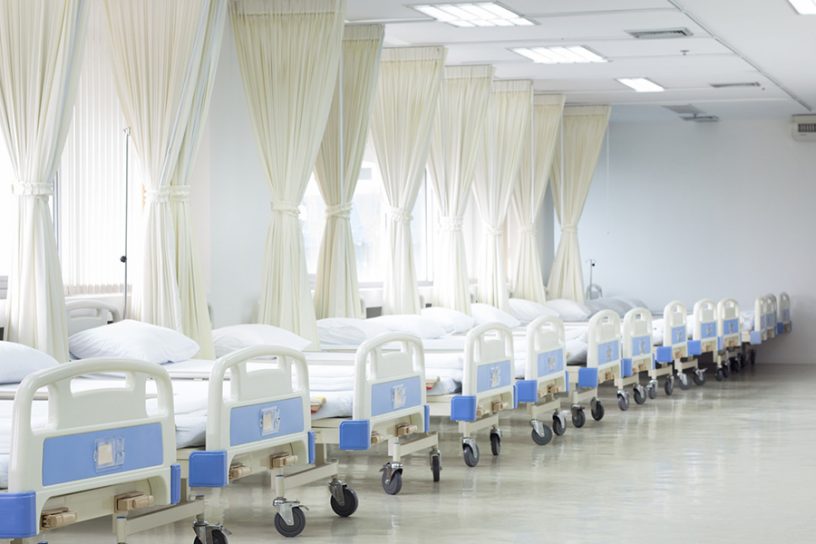
Humanitarian health service providers augmented government responses by working with community groups, recruiting and training Rohingya volunteers, and involving religious leaders.
Authors
Sneha Krishnan, Associate Professor, Jindal School of Environment and Sustainability, O.P. Jindal Global University; ETCH Consultancy Services, Mumbai, Maharashtra, India.
Samia Zaman, BRAC University, UB04–66 Bir Uttam AK Khandakar Road, Dhaka 1212, Bangladesh.
Muhammad Ferdaus, BRAC University, UB04–66 Bir Uttam AK Khandakar Road, Dhaka 1212, Bangladesh.
Md Humayun Kabir, University of Dhaka, Department of Geography & Environment, Nilkhet Road, Dhaka 1000, Bangladesh.
Hafiza Khatun, University of Dhaka, Department of Geography & Environment, Nilkhet Road, Dhaka 1000, Bangladesh
SM Safiqur Rahman, BRAC University, UB04–66 Bir Uttam AK Khandakar Road, Dhaka 1212, Bangladesh.
Manar Marzouk, Saw Swee Hock School of Public Health, National University of Singapore and National University Health System, 12 Science Drive 2, Singapore 117549, Singapore.
Anna Durrance-Bagale, Saw Swee Hock School of Public Health, National University of Singapore and National University Health System, 12 Science Drive 2, Singapore 117549, Singapore; London School of Hygiene & Tropical Medicine, Department of Global Health & Development, 15-17 Tavistock Place, London WC1H 9SH, United Kingdom.
Natasha Howard, Saw Swee Hock School of Public Health, National University of Singapore and National University Health System, 12 Science Drive 2, Singapore 117549, Singapore; London School of Hygiene & Tropical Medicine, Department of Global Health & Development, 15-17 Tavistock Place, London WC1H 9SH, United Kingdom.
Summary
Health services provision in mass displacement settings is a humanitarian imperative and essential to promoting international and regional security. Internationally displaced populations experience a range of issues pre-, peri-, post-displacement and residing in host countries that affect their health and well-being.
This study examined links between humanitarian and government health services provision for forcibly displaced Myanmar nationals (FDMN) in Cox’s Bazar to consider how improved knowledge sharing and collaboration might better support health systems during mass displacement.
We conducted a qualitative descriptive study, interviewing 25 humanitarian service providers in-person in Bangladesh in early 2021 and analysing data thematically. We found that government restricted what essential services humanitarian health actors could provide and FDMN had to undergo stringent screening and referral to receive tertiary healthcare.
Concurrently, the government health system was challenged by accessibility, affordability and availability of medicines, equipment, and trained staff. Humanitarian health service providers augmented government responses by working with community groups, recruiting and training Rohingya volunteers, and involving religious leaders.
Findings suggest that easing barriers to a fuller range of health services, allowing access to digital devices, and hiring FDMN to support their communities would improve health system responsiveness to the legitimate needs of FDMN displaced around Cox’s Bazar.
It is imperative to amplify and listen to the voices of FDMN and collaborate in addressing structural and social barriers constraining their access to effective health services, both to increase trust in and responsiveness of the health system.
Published in: Journal of Migration and Health
To read the full article, please click here.


